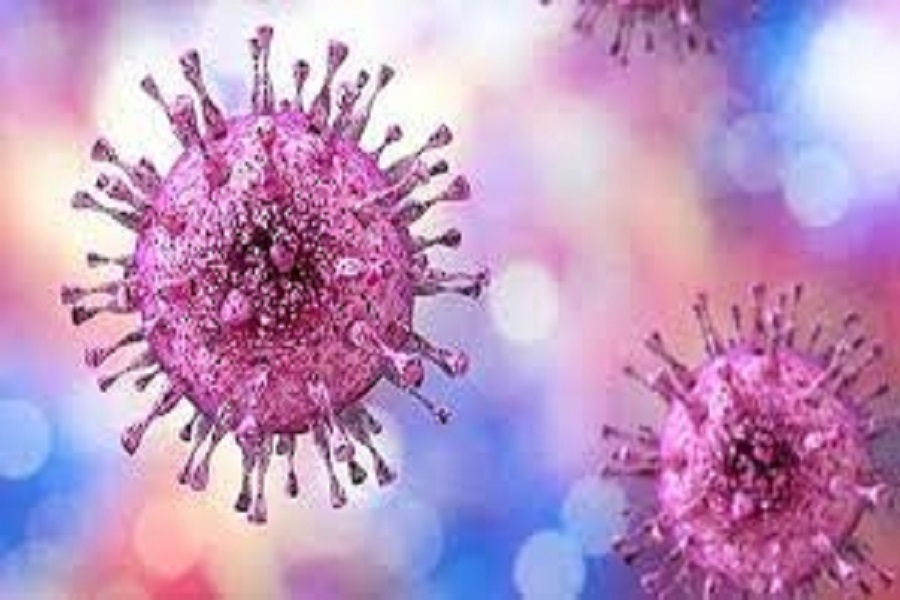The Impact of Air Conditioning on Health: Risks and Benefits Explained

Air conditioning (AC) has become an essential part of modern life, providing comfort during hot and humid weather. However, while AC systems offer relief from the heat, prolonged exposure and improper use can lead to a variety of health concerns. Understanding the impact of air conditioning on health is crucial for maintaining a balanced and healthy lifestyle.
The Positive Effects of Air Conditioning on Health
-
Heat Relief and Preventing Heat Exhaustion
Air conditioning plays a significant role in preventing heat-related illnesses, especially during summer. In areas with extreme heat, AC can be lifesaving, reducing the risk of heat exhaustion and heat stroke. By keeping indoor temperatures at a comfortable level, air conditioning allows people to avoid the harmful effects of excessive heat. -
Improved Air Quality
Modern air conditioners are equipped with filters that can trap dust, pollen, and other airborne pollutants. For individuals with allergies or respiratory issues, such as asthma, AC systems can help by providing cleaner air, reducing allergens, and improving overall breathing comfort.
The Negative Effects of Air Conditioning on Health
-
Respiratory Issues and Dryness
Prolonged exposure to air-conditioned environments can dry out the airways, leading to respiratory discomfort. Dry nasal passages, throat irritation, and coughing are common complaints in heavily air-conditioned spaces. This can be particularly harmful to individuals with respiratory conditions like asthma, sinusitis, or bronchitis. -
Skin Problems
The cool, dry air produced by AC units can lead to dehydration of the skin. This can cause dry, flaky skin and exacerbate conditions such as eczema and psoriasis. The lack of humidity in AC rooms can also lead to premature aging of the skin due to loss of moisture. -
Increased Risk of Infections
If AC units are not properly maintained and cleaned, they can become breeding grounds for bacteria and mold. These contaminants can be circulated throughout the space, increasing the risk of respiratory infections and allergies. This is particularly concerning in offices, hospitals, and other public places with high foot traffic. -
Musculoskeletal Discomfort
Spending long hours in air-conditioned environments can cause musculoskeletal discomfort, including neck pain, backaches, and joint stiffness. Cold air can cause muscles to tighten, and sitting in one position for too long can exacerbate these issues. -
Disrupted Sleep Patterns
While AC can help create a comfortable sleep environment, excessive use of air conditioning can disrupt sleep patterns. The cold environment might make it difficult for some people to achieve deep, restorative sleep. The dry air can also cause discomfort and lead to interrupted sleep due to dehydration or dryness in the throat.
How to Minimize the Health Risks of Air Conditioning
-
Regular Maintenance of AC Units
Ensure that your air conditioning unit is regularly cleaned and serviced. Clean filters and maintenance prevent the buildup of dust, bacteria, and mold, which can harm your health. -
Humidifying the Air
Use a humidifier to maintain a balance of humidity in the room. This helps keep your skin hydrated and prevents respiratory issues caused by dry air. -
Proper Temperature Settings
Avoid setting the temperature too low. Experts recommend keeping the thermostat at a comfortable 22–25°C (72–77°F) to prevent the harmful effects of extreme cold, which can lead to joint pain and discomfort. -
Hydration and Skin Care
Drink plenty of water throughout the day to stay hydrated. Additionally, use moisturizers to keep your skin healthy and prevent it from drying out. -
Take Breaks from AC
Spend some time outdoors in natural air to give your body a break from the artificial environment created by air conditioning. This will help you avoid long-term exposure to AC's drying and cooling effects. -
Ventilation
Ensure proper ventilation in your home or office to allow fresh air to circulate, reducing the buildup of pollutants that can affect your respiratory health.
Conclusion
Air conditioning offers numerous benefits, from preventing heat-related illnesses to improving air quality for allergy sufferers. However, excessive or improper use of AC can lead to respiratory issues, skin problems, infections, and musculoskeletal discomfort. By taking preventive measures such as regular maintenance, proper temperature control, and ensuring hydration, you can mitigate the negative effects of air conditioning on your health and continue to enjoy the comfort it provides.
























